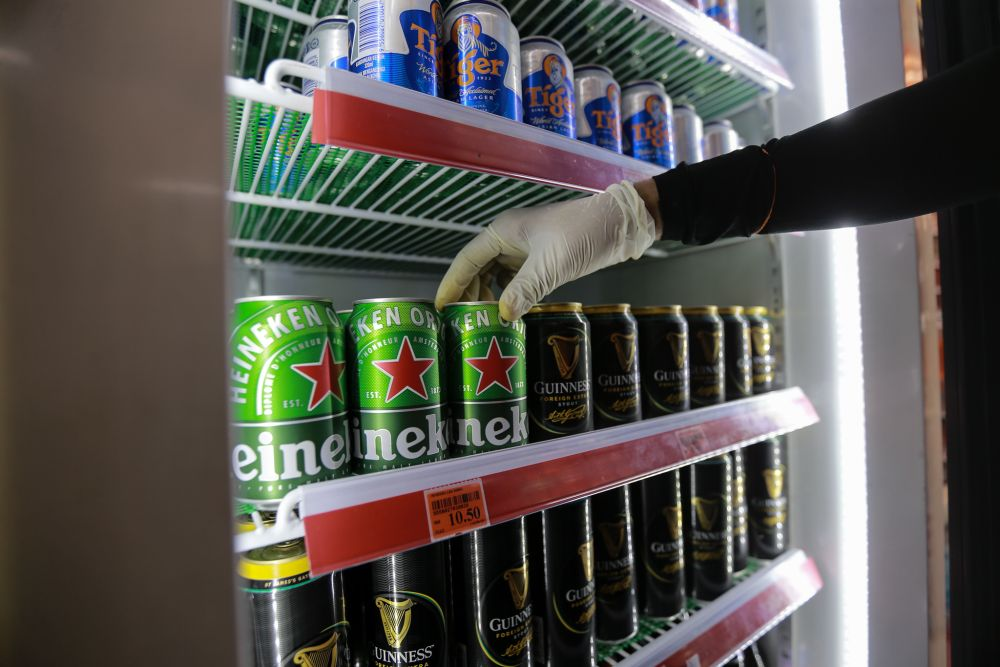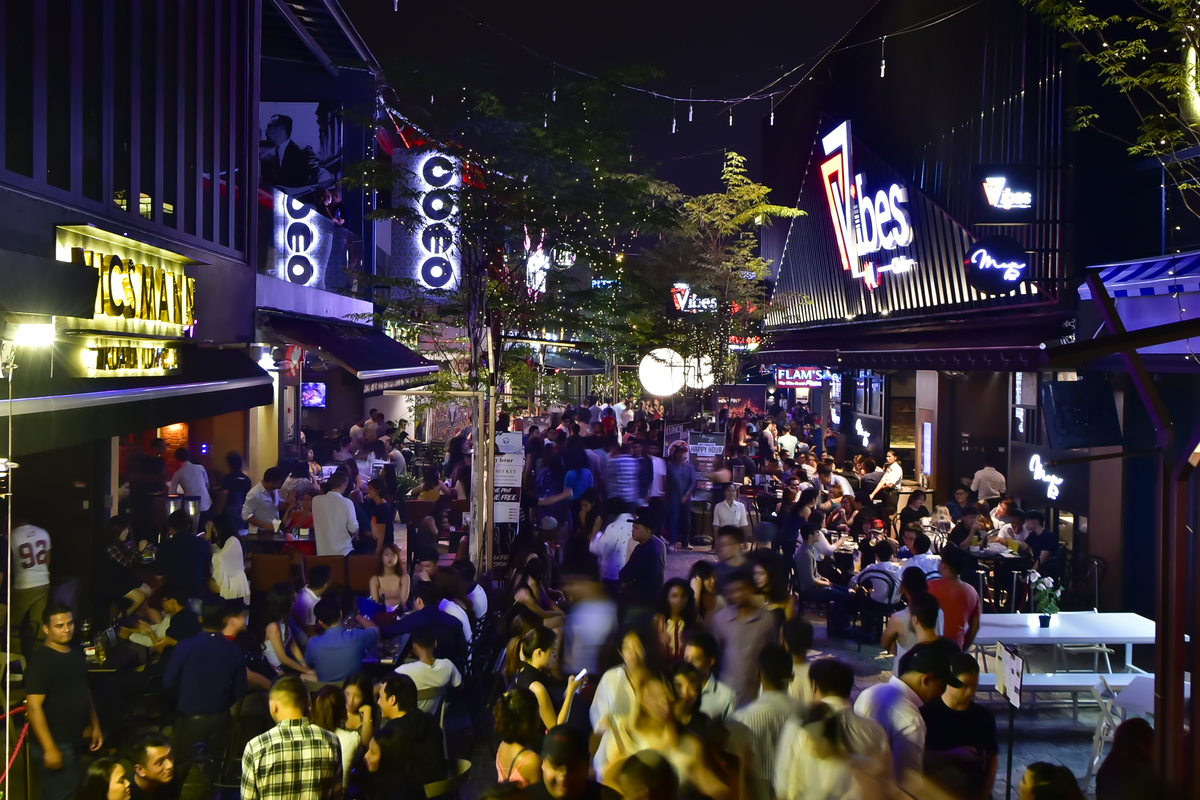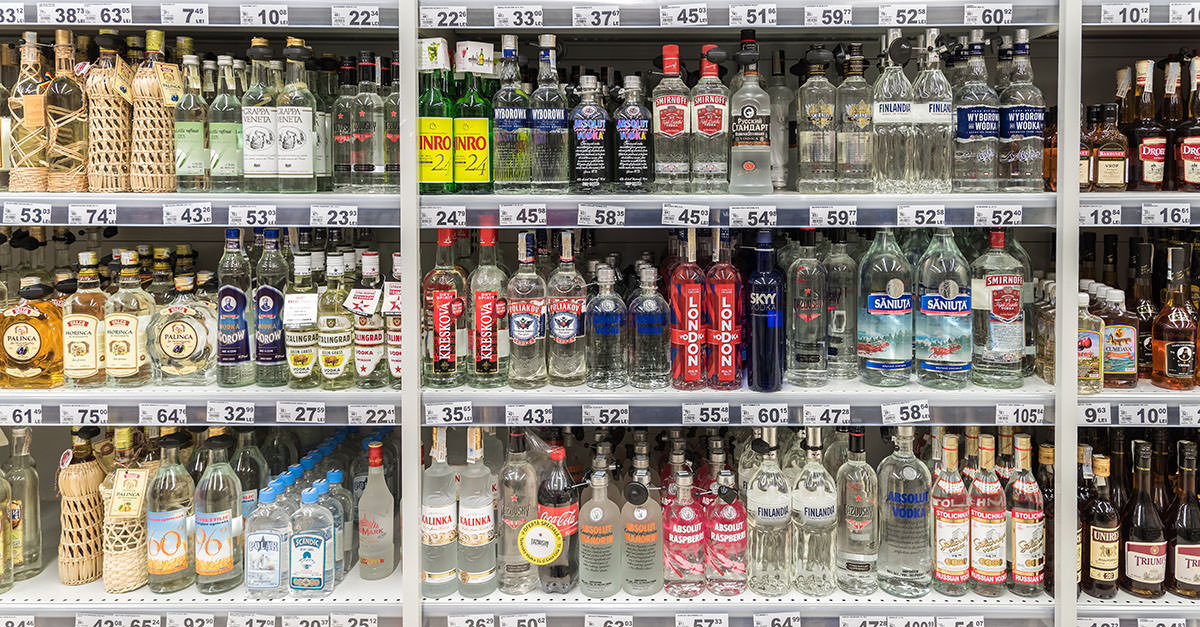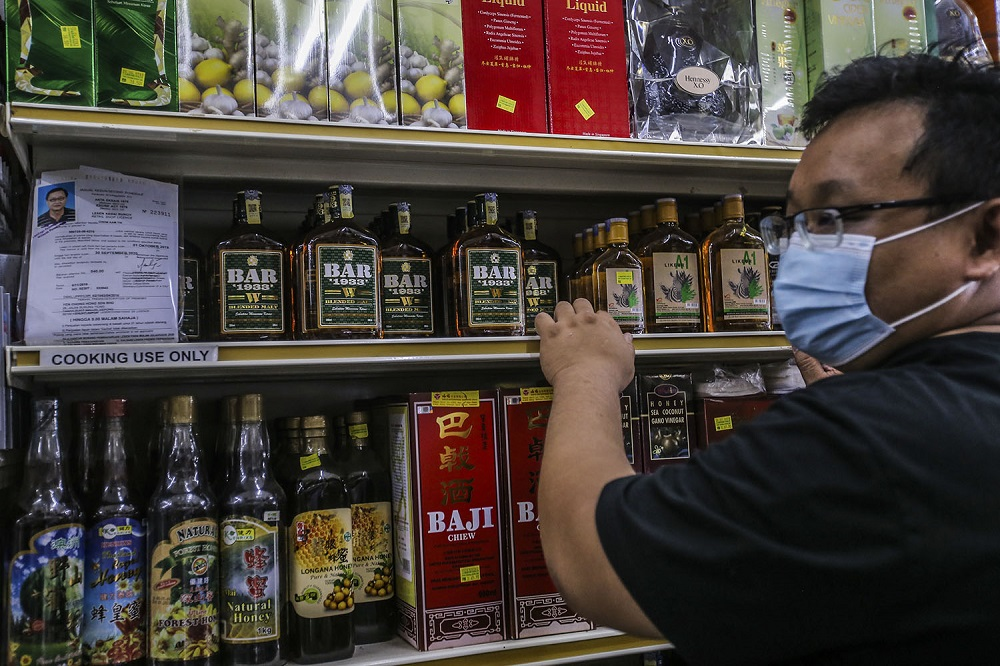DBKL Has A Limited Ban On Liquor Sales In KL. Here Are The Rules You Need To Know
The ban of liquor sales will affect grocers, convenience stores, and Chinese medicine shops in Kuala Lumpur beginning 1 November.
The ban of liquor sales at sundry shops, convenience stores, and Chinese medicine shops in Kuala Lumpur has come into effect beginning 1 November
In a statement on Monday, the Kuala Lumpur City Hall (DBKL) said it has updated and refined the existing guidelines on the sale of liquor after speaking to various stakeholders to get their opinions on the matter, reported The Star.
"The updated guidelines on liquor sales will take effect today (1 November)," DBKL said yesterday.
However, with the ban, customers can still buy beers at the premises but they are only allowed to be purchased between 7am and 9pm, according to Free Malaysia Today.
Beers generally have a much lower alcohol content as compared to hard liquor.
DBKL has instructed affected outlets to provide separate displays and sales areas for alcohol and the areas must be closed after the permitted hours
The Vibes reported that Chinese medicine shops that sell mixed or pure liquor for medical purposes must get approval from the Ministry of Health (MOH).
Meanwhile, the new implementation will also force pubs, bars, lounges, and restaurants with liquor licences to only serve liquor between 10am and midnight.
DBKL said businesses can apply for a time extension, but the limit is until 2am only.
Additionally, premises that are selling liquor must be located at least 100m away from police stations, houses of worship, schools, hospitals, and residential houses
Warehouses that store, sell, and supply beer for events must obtain a licence to sell liquor, reported The Vibes.
Under the ban, shophouses, hotels, malls, supermarkets, and hypermarkets must obtain a licence to sell liquor and the licence must be displayed at the entrance of the premises at all times.
The city council added that the businesses selling liquor must display a QR code at the premises.
To obtain the licence, only non-Muslims will be allowed to be applicants and licence holders
On top of that, the owners of the businesses, sole proprietors, or partnerships and the majority of company board members must be non-Muslims, according to The Vibes.
The ban on liquor in the country's capital was first brought up on 15 November 2020.
It was initially slated to be enforced on 1 October 2021 but it was postponed for a month to finalise a study of the guidelines.
When the ban was announced last year, many opposition lawmakers and members of civil society criticised the move as it could violate the rights of non-Muslims, reported Free Malaysia Today.



